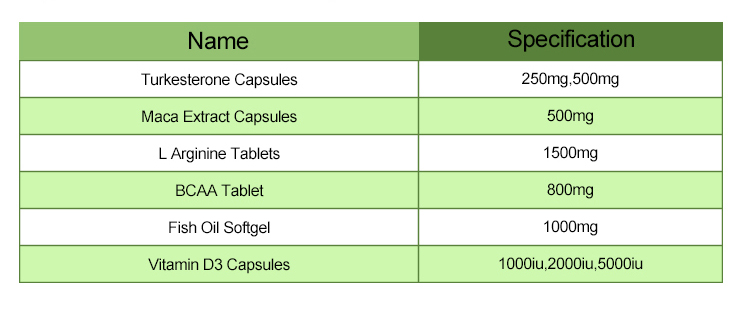Vitamin D3 Capsules from Lyphar is made of high quality Vitamin D, which is normally obtained from the diet or produced by the skin from the ultraviolet energy of the sun. Vitamin D3, also known as cholecalciferol, is a crucial nutrient that plays a vital role in various bodily functions, including bone health, immune function, and mood regulation. Vitamin D3 supplements, typically found in capsule form, are commonly used to address deficiencies or to maintain optimal levels of this essential vitamin. Here are the pros and cons associated with Vitamin D3 capsules:
Pros Vitamin D3 Capsules:
Bone Health: Vitamin D3 aids in the absorption of calcium and phosphorus, essential minerals for maintaining strong and healthy bones. Regular intake of Vitamin D3 can help prevent bone-related conditions such as osteoporosis and fractures.
Immune Function: Adequate levels of Vitamin D3 are associated with a stronger immune system, which can help defend against infections and reduce the risk of autoimmune diseases.

Mood Regulation: Some research suggests a link between Vitamin D3 deficiency and mood disorders such as depression and seasonal affective disorder (SAD). Supplementing with Vitamin D3 may help improve mood and alleviate symptoms of these conditions.
Reduced Risk of Chronic Diseases: Adequate Vitamin D3 levels have been linked to a lower risk of various chronic diseases, including cardiovascular diseases, certain cancers, and type 2 diabetes.
Convenience: Vitamin D3 capsules are widely available over-the-counter and are convenient to use. They can be easily incorporated into daily routines and are typically well-tolerated.
Cons Vitamin D3 Capsules:
Overdose Risk: While Vitamin D toxicity is rare, excessive intake of Vitamin D3 supplements can lead to toxicity symptoms such as nausea, vomiting, weakness, and kidney damage. It’s essential to follow recommended dosage guidelines and consult a healthcare professional before starting supplementation.
Interactions with Medications: Vitamin D3 supplements may interact with certain medications, including corticosteroids, weight loss drugs, and some cholesterol-lowering medications. It’s important to discuss potential interactions with a healthcare provider, especially if you’re taking other medications.
Potential Side Effects: Some individuals may experience side effects such as gastrointestinal discomfort, constipation, or allergic reactions when taking Vitamin D3 supplements. These side effects are usually mild but can occur, particularly with high doses or prolonged use.

Limited Benefits for Healthy Individuals: For individuals with adequate Vitamin D levels, supplementation may not provide additional benefits and could be unnecessary. It’s crucial to assess Vitamin D status through blood tests before starting supplementation.
Quality Concerns: Not all Vitamin D3 supplements are created equal, and the quality and potency of capsules can vary between brands. Choosing a reputable brand and ensuring third-party testing for purity and potency can help mitigate quality concerns.
In summary, Vitamin D3 capsules offer numerous health benefits, particularly for individuals with deficiencies or increased risk factors for certain conditions. However, it’s essential to use them cautiously, follow recommended dosage guidelines, and consult a healthcare professional to minimize risks and maximize benefits.
